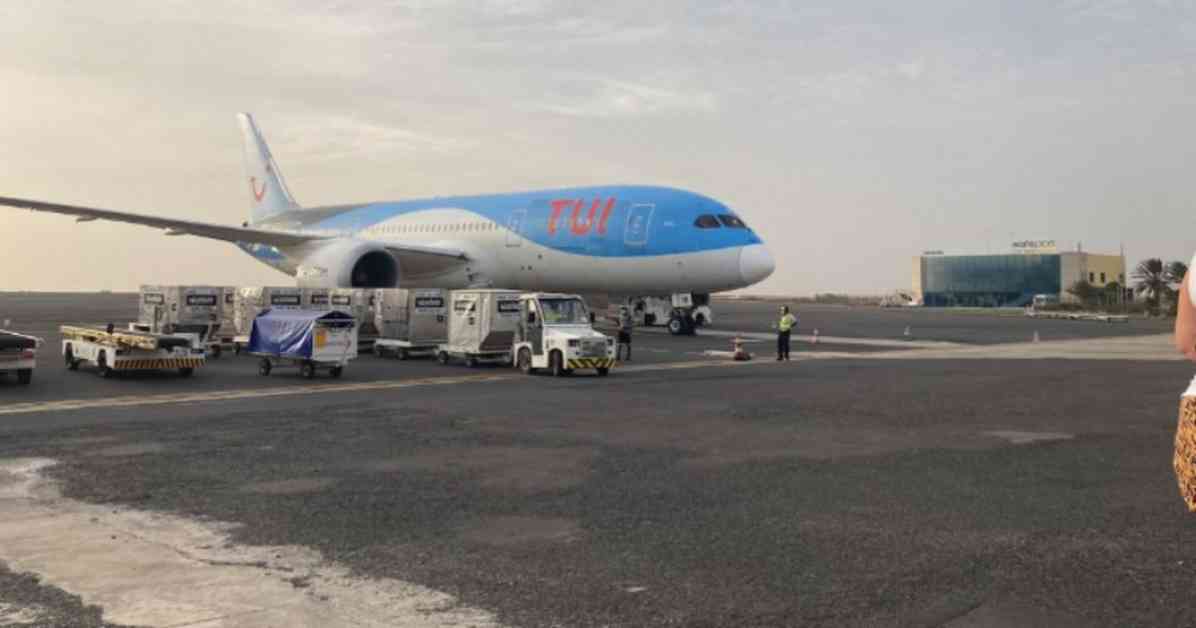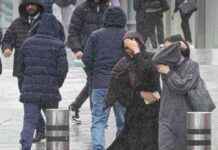A TUI plane with 187 passengers had a serious incident over the UK. The flight was heading to Kos, Greece, from Manchester Airport when it declared a “serious incident” minutes after takeoff. The Air Accidents Investigation Branch is looking into the incident. The report mentioned that both engine bleed air systems were mistakenly left off, causing the aircraft to fail to pressurize. As the plane continued to climb, a fault in the right air conditioning pack was indicated, leading the commander to decide to return to Manchester Airport. However, the plane was too heavy, so it had to enter a holding pattern to burn fuel before landing. During this time, the crew failed to complete necessary cabin altitude drills with passengers, putting them at risk of hypoxia, which is low oxygen levels in the body that can be life-threatening. The plane landed safely, but the report suggested that fatigue could have been a contributory factor, as the commander’s roster in the weeks leading up to the incident showed signs of potential fatigue.
Hypoxia is a serious condition that can have severe symptoms like confusion, restlessness, difficulty breathing, rapid heart rate, and bluish skin. People with chronic heart and lung conditions are at higher risk of hypoxia. It is essential for airlines and crew members to be vigilant about fatigue and its potential impact on flight safety. The incident with the TUI flight serves as a reminder of the importance of proper maintenance procedures and crew training to ensure passenger safety.
The airline TUI has been asked for a comment on the incident, and further investigations will likely be conducted to determine the root causes of the serious incident. Passengers’ safety should always be the top priority for airlines, and incidents like this highlight the need for thorough safety protocols and continuous monitoring of crew fatigue levels. Airlines must learn from such incidents to prevent similar situations in the future and ensure the well-being of all passengers and crew members on board.



























